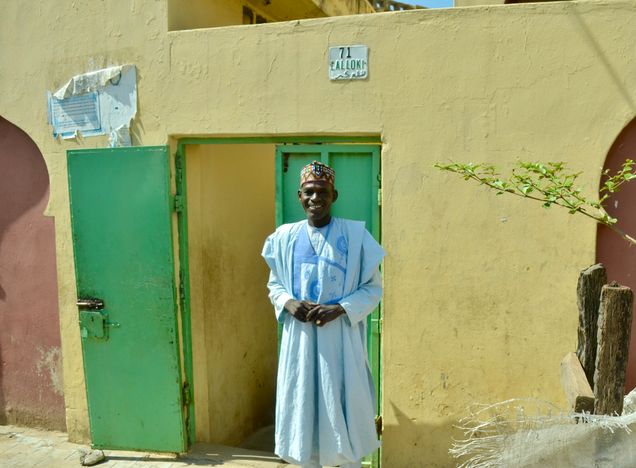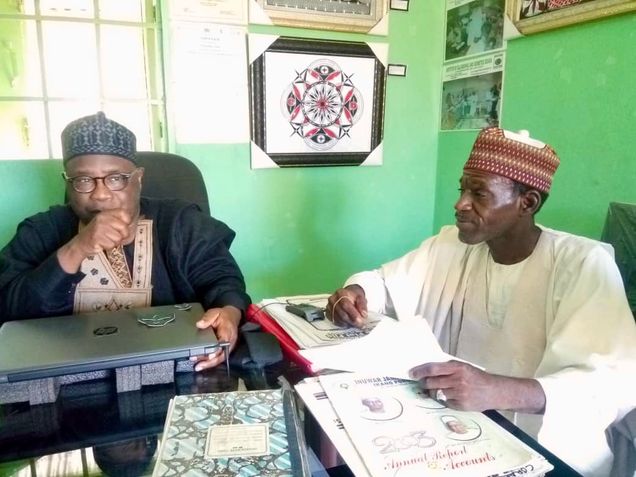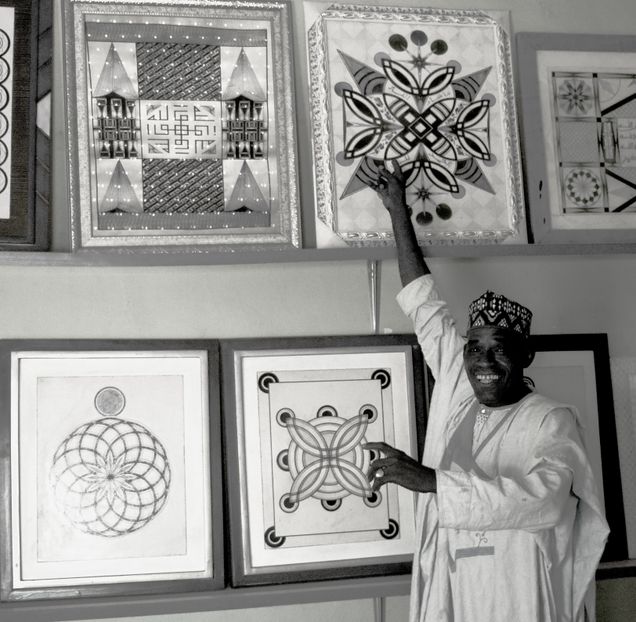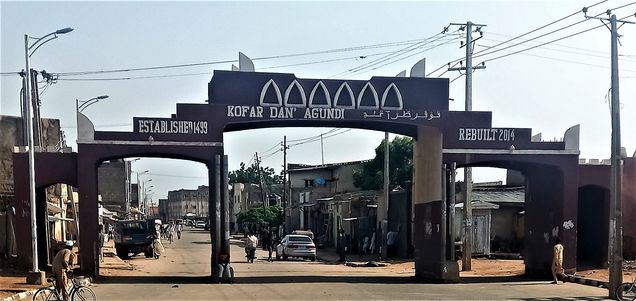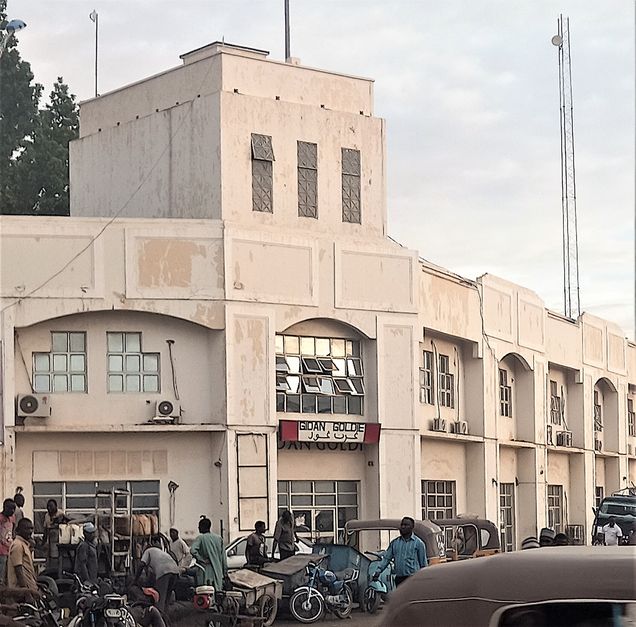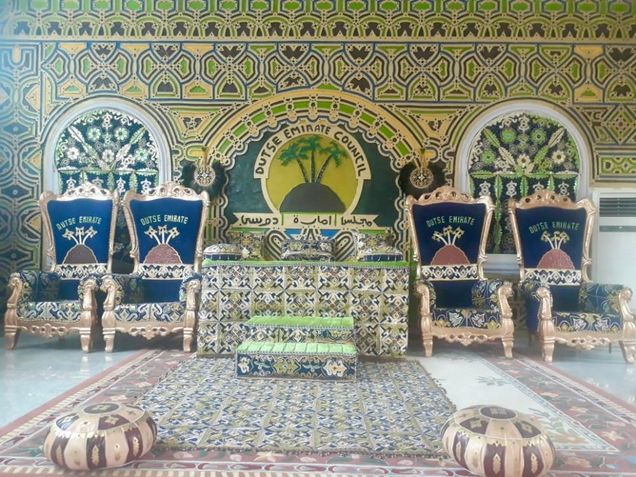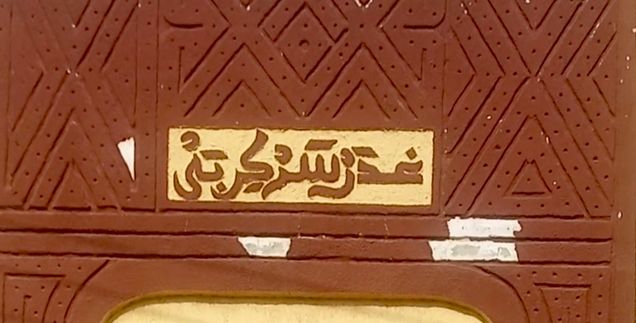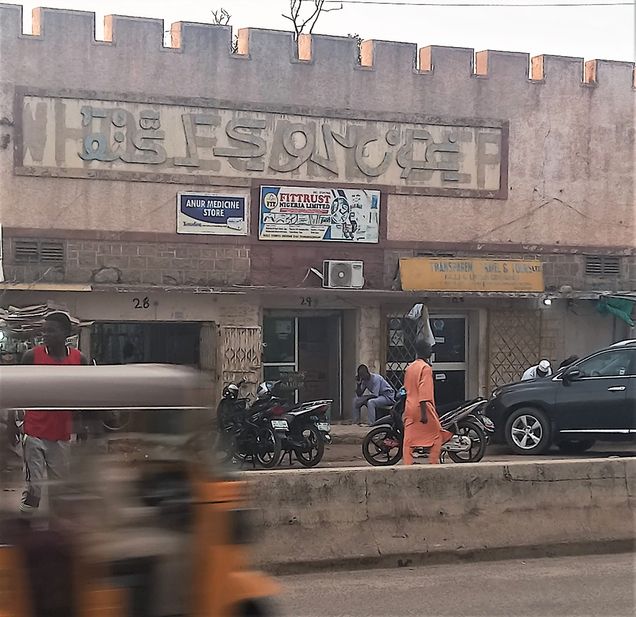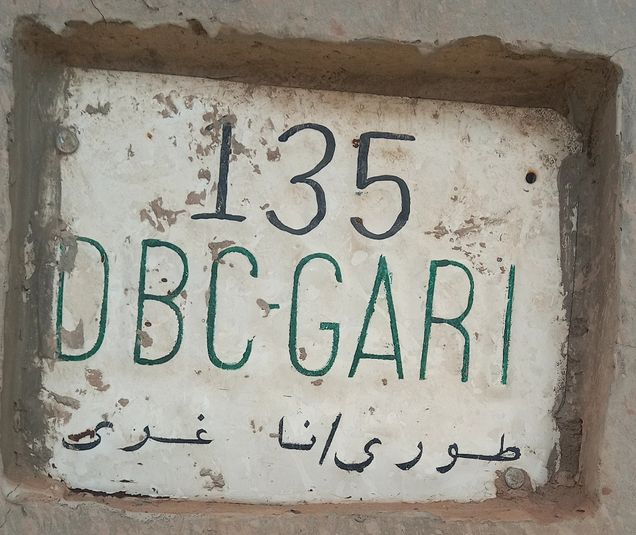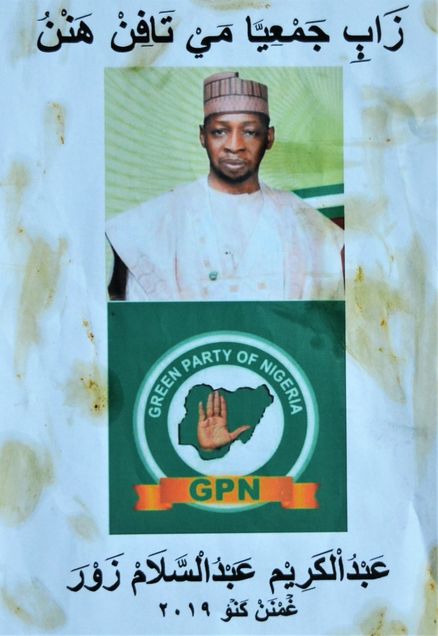Unit 5: Prof. Abdalla Uba Adamu
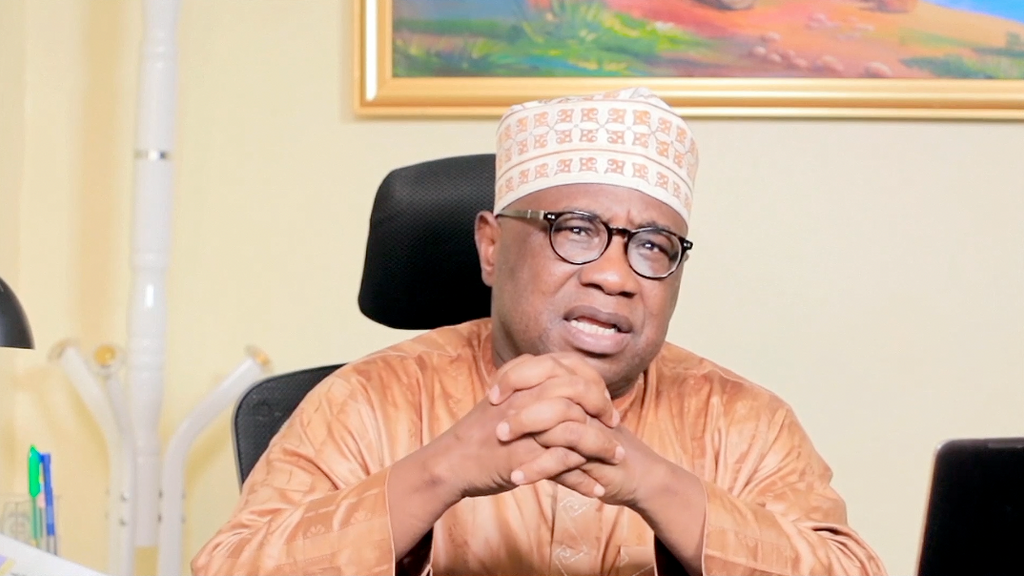
Metadata
| Title | Conversation with Professor Abdalla Uba Adamu |
| Interviewer | Dr. Mustapha Hashim Kurfi |
| Subject | His life story, works on Hausa Ajami, and how to best to sustain Ajami |
| Content | Abdalla Uba Adamu was born in Kano in 1956. He holds a B.Sc. in Education/Biology/Physiology, from Ahmadu Bello University (1979); an M.A. in Science Education from Chelsea College, University of London (1983); and D.Phil. from Sussex University, in Brighton, England (1988). He holds double professorships in Science Education (1997) and Media and Cultural Communication (2012) from Bayero University Kano, Nigeria. Married with children, Professor Abdalla’s main research focus is on transnational media flows and their impact on Muslim Hausa popular culture, especially in literature, film, music, and the performing arts. He is the creator of the Foundation for Hausa Performing Arts (Kano, Nigeria) whose main concern is to archive the traditional performing arts heritage of the Muslim Hausa. Professor Abdalla has also developed courses on digital cultures and promotes ethnography as a research methodology for documenting Hausa media ethnographies. He is the chairman of a research cluster on Visual Anthropology based at Bayero University. From 1991 to 1992, he was a Fulbright African Senior Research Scholar, in residency at the Center for Studies in Higher Education, University of California, Berkeley. This led to his first major book, Reform and Adaptation in Nigerian University Curricula, 1960-1992, (Edwin Mellen Press, 1994). In 1993, he was also awarded a residency in the Rockefeller Foundation’s Bellagio Resident Fellows program in Bellagio, Italy. Professor Abdalla is the immediate past Vice-Chancellor of the National Open University of Nigeria (NOUN). In this interview, Professor Abdalla traces the history, relevance, and success of Hausa Ajami. He identifies the forces that keep Hausa Ajami, and Ajami in general, from achieving certain desired goals in contemporary society. He offers practical solutions to those challenges. Professor Abdalla currently engages in a number of pragmatic ways to promote the values of Hausa Ajami, including in modern media arts. |
| Language | Hausa |
| Script | Hausa Ajami |
| Location | Professor Abdalla Uba Adamu’s Company Office Kano, Nigeria |
| Pedagogical content/application | Includes relevant linguistic, stylistic, and cultural skills as identified in our assessment guidebook/ ACTFL guidelines |
| Access condition and copyright | These materials are subject to copyright and are distributed under the terms of the Creative Commons Attribution-NonCommercial 4.0 License, which permits non-commercial use, distribution, and reproduction in any medium, provided the original author and source are credited. For use, distribution or reproduction beyond these terms, contact Professor Fallou Ngom (fngom@bu.edu). |
| Contributors | Fallou Ngom, Jennifer Yanco, Mustapha Kurfi, Daivi Rodima-Taylor, Alison Parker, and Frank Antonelli. |
| Required citation information | Fallou Ngom (PI), Jennifer Yanco, Mustapha Kurfi, and Daivi Rodima-Taylor. 2023. “Conversation with Professor Abdalla Uba Adamu.” https://sites.bu.edu/ria/hausa/hausa-unit-5/ |
Videos
Hausa with English Subtitles
Hausa with Latin Script Subtitles
Community Images
(click on the image for a larger view)
Pedagogical Activities
Glossary
- Aƙida: Creed, manifesto
- Amfani: Usefulness, benefit, advantage, use
- Ci gaba: To develop, carry on, progress, advance, promote
- Dakusar: To mitigate, incapacitate, cause to deteriorate
- Dangantaka: Relationship
- Feleƙe: Exaggeration, affectation, hypercorrection, misplaced priority
- Gayyata: Invitation
- Goyon-baya: Support, collaboration, cooperation
- Haihuwa: Birth, giving birth
- Jamhuriya: Republic, from Arabic jamhūr (crowd, public)
- Jami’a: University, from Arabic jāmiʿa (university)
- Koyarwa: Teaching, educating
- Ƙungiyoyi: Organizations, groups, collectivities, associations from Ƙungiya (singular)
- Larabci: Arabic language
- Matsala: Challenge, problem, obstacle
- Nazari: Research, investigation, thought, analysis, contemplation
- Sake haihuwa: Rebirth, reinvigorate
- Sarkin: Leader, chief, head
- Shela: Public announcement, proclamation
- Siyasa: Politics, from Arabic siyāsa (politics)
- Tasiri: Influence, impact, power, effect
- Unguwa: County, district
Notes
- Amfanin ilimi aiki da shi: “The value of knowledge is what you do with it.” A Hausa saying indicating that knowledge is only as valuable as the purposes it serves.
- Anemi na kai don dakusar da talauci: “Self-reliance and determination mitigate poverty.” A saying encouraging hard work and self-reliance, which are associated with dignity, respect, and honor in Hausa society.
- Jami’a maɓuɓɓuga ilimi: “A university is a fountain of knowledge.” A Hausa saying that speaks to the importance of universities as valuable, life-giving resources.
- Ƙungiyoyi masu zaman kan su: This phrase is used to refer to the importance of the numerous organizations in Hausa society, including voluntary organizations, community-based organizations, and non-governmental organizations.
- Larabci yaren Alƙur’ani: “Arabic is the language of the Quran.” This statement is used to emphasize the importance of learning Arabic, which is required to understand the content of the Quran.
- Matsalar shakulatun ɓangaro: “A deliberate or calculated neglect.” This phrase is used in Hausa society to describe a situation in which something crucial has lost value due to neglectful behavior.
- Siyasa rigar ƴanci: “Politics is the gown of freedom or liberty.” This phrase is used to describe the Hausa form of democracy reflected in the election of local leaders such as Emirs, Sarkin Samari (Youth Leader), Sarkin Noma (Farmers’ Chief), Sarkin Bori (Bori Cult Leader), Sarkin Baka (Hunters’ Chief), and so on.
Exercises:
Comprehension || Writing || Listening / Speaking and Conversation || Cultural Competence
Comprehension: Video
Comprehension: Image
Writing
Listening / Speaking and Conversation
- A rubuto gajerun tambayoyi azo aji da su don a tambayi juna.
- Rubuta labarin da a ciki za ka/ki karanta bayani game da wani abu na gargajiya ko al’ada wanda za a iya cirowa daga faifan bidiyon.
Cultural Competence
- Kwatanta fitattun abubuwan al’ada waɗanda aka ambato su a faifan bidiyon hira da Farfesa Abdalla Uba Adamu.
